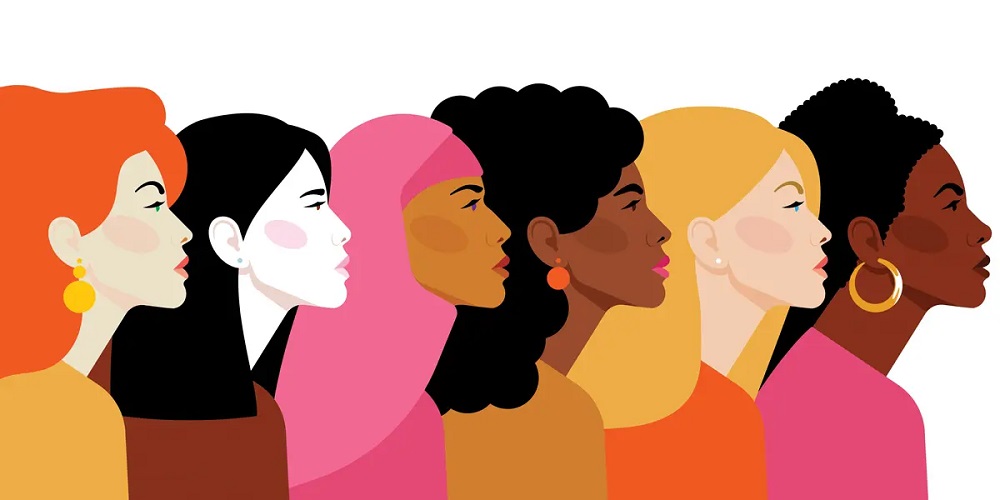INVESTIGATION: Perception Of Women In Politics As Prostitutes Discourages Them From Seeking Elective Offices
Hajiya Fatima Musa Suleimanu is the Women Leader for the Gwagwalada Area Council of the Federal Capital Territory chapter of the All Progressive Congress (APC). Although she’s the only woman in the party executive at the LG, it’s a position that gives her power and influence, and she’s been holding it for 10 years. Hers will be the most important voice whenever the party wants to take decision that could involve women.
But she didn’t arrive at her present height by chance; it’s a result of years of political activism in the council. But most importantly, she is one of the few married women supported by their husbands to join politics.
Advertisement
“Before my husband died, I was in politics, he was taking me along if I had a program. He will take me there because he knows I’m a responsible house wife,” Hajia Suleiman told THE WHISTLER during an interview in her home.
There are few women interested in politics in Kwali and Gwagwalada councils, just like many other local governments in Nigeria. This is due to the amount of money you will need to prosecute campaign for any elective office.
To run for a local government chairmanship seat, a contestant will need between N50 to N100 million for campaign expenses, according to a councillor who spoke off-the-record in Kwali to THE WHISTLER. For the position of councilor, a contestant will require between N3 to N5 million.
But the more important obstacle to women participation is the stigmatization of women in politics. Most men, and even fellow women, look down on politically active women as either prostitutes or women who couldn’t keep their marriages.
Advertisement
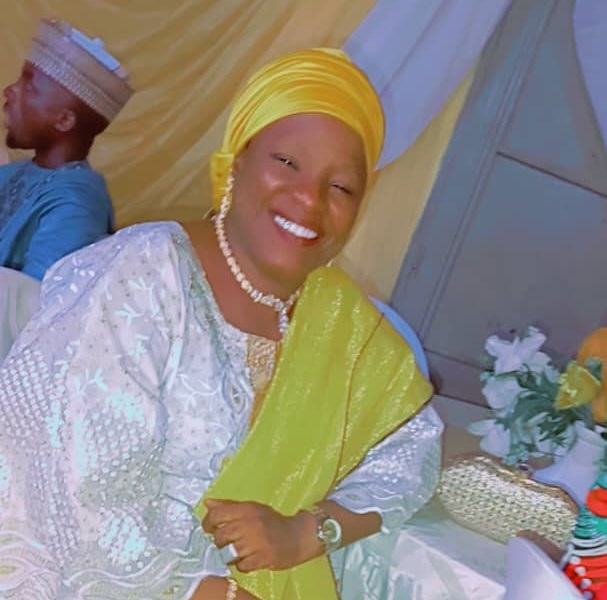
Investigation by THE WHISTLER reveals that women in Kwali and Gwagwalada area councils of the FCT are politically dominated by men, and many find it difficult to break into the fold. For instance, there is not a single woman among the 10 councilors in each of the two councils mentioned. The chairmen and vice chairmen of the councils are also men.
During the election that produced the current set of leaders, 103 men contested 20 councillorship positions in Kwali and Gwagwalada but only 7 women participated– 6 in Gwagwalada and only one in Kwali. The only female who contested for vice-chairmanship along with 16 males in Kwali and lost was 30-year-old Magdaline Danjuma who holds a master’s degree in Technology—the highest degree among the contestants.
No woman ran for chairmanship position in Kwali and Gwagwalada among the 17 contestants. For vice chairmanship position, only one female contested in Kwali and one in Gwagwalada. Out of the 363 candidates who contested for councillorship in the six area councils of the FCT, 332 of them were males and only 31 were females.
“Our women in politics are viewed by the northern men as prostitutes and it’s only those who respect you that will address you as a politician. We have that problem in the North,” Hajia Suleiman explained, adding that during the 2023 general election she called on women to come out and contest for positions, but only two showed interest.
Advertisement
The two women registered to contest for councillorship but lost at the party primary election. The women, Aisha Yusuf and Sa’adatu Isah Sekpe didn’t make it to the list of party candidates released by the Independent National Electoral Commission (INEC), as they could not scale the primary elections.
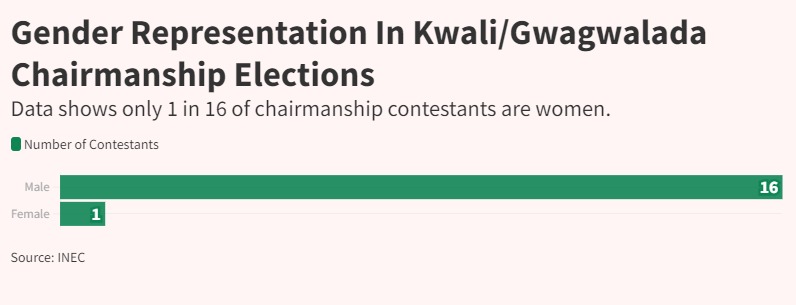
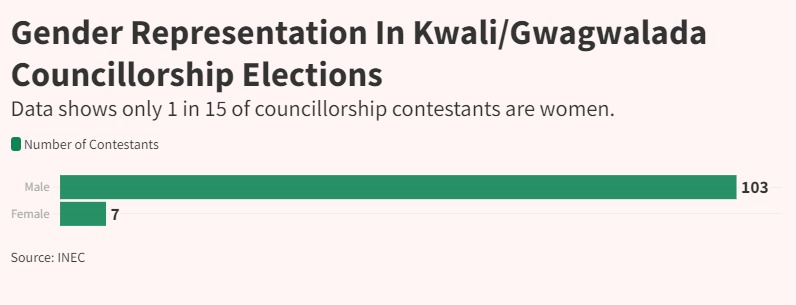
Women Not Politically Active
Aside from sexual attitudes from traditional practices by the men who feel they have a sense of entitlement in politics, the stereotypes and lack of financial capability to buy people’s attention, women are also their own problem.
The few women who have shown interest in elective offices in the two local governments were unknown to the electorate. They did not engage the electorate to be able to command their respect and earn their votes.
Advertisement
THE WHISTLER went round Gwagwalada to find out from the residents any information about the women who contested in the last election. Respondents told this newspaper they did not know any one of them and never heard about them. Comfort Asabe Magaji, the Women Development Officer at the Gwagwalada Council Secretariat who also spoke to our correspondent, said she had never heard about any of the women.
The case is not different in Kwali. Most people approached said they do not know any woman that contested during the election.
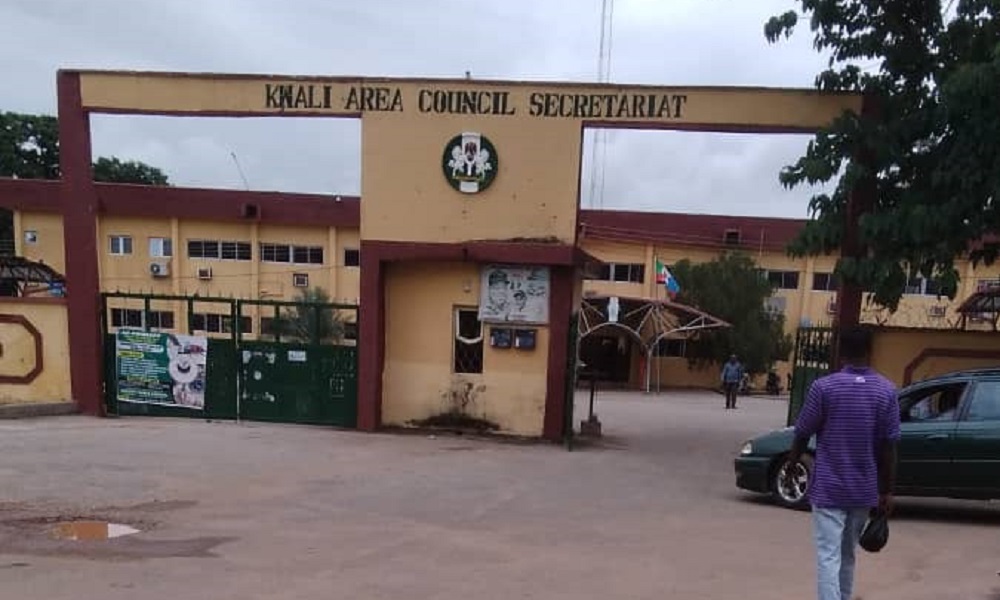
Views On Women Representation In Politics
Hauwa Abubakar, Director Legal Services, Gwagwalada Area Council is of the view that women need to have better education and become more politically aware to be able to aspire for elective offices and win.
“Two decades ago, women hardly go to school and before this time, women do not understand the concept of politics. We used to think politics is only for men, at least what they (men) take women to do in those days is only to go sing and clap after they (the men) have said all their wishes during political rallies,” she said.
Abdulwahab Tanko Yahaya, a politician in Gwagwalada, said despite 50 percent discount for purchase of forms for women interested in political offices, they still do not come out to contest. ” They didn’t even buy the form at the end of the day. So, if you didn’t buy the form to contest, it means you’re not even aspiring,” he revealed.
Yahaya was dismissive of women when he spoke further. “They are not ready to do the struggle with the men. They cannot relax and expect the men to give them the chance, it’s not possible,” he added.
However, women have an advocate in Gbeyedobo Alapater Sunday, the youngest councillor in Kwali who’s just 25, member of the Peoples Democratic Party. He is the chief whip of the legislative council. He said, “I think it’s the structure of the government, I feel women have been trying their best but when it comes to positions, I think they are left behind.
“Like in my own ward, there was a lady that came and wanted to contest under the platform of PDP but unfortunately we went for primary election but I was able to win her. One Bege Daniel.”
Suleiman Ashara, chairman of the PDP in Kwali, pointed out that women did not contest under his party because of ward arrangements.
“There was a zone at Gumbo ward, that a woman came out to contest for councillorship but at the end they didn’t give her the ticket. I think it was the arrangement of their ward because some may say it’s not women’s turn, while others will do it based on tribe. Others divided the ward zone by zone. But as for chairmanship, women didn’t indicate interest,” he said.
He however admitted that women are not given the backing they need in politics. He said politics demand a lot from those involved and most women are incapable of meeting up.
“The people will not vote for you if you don’t have money. They will neither listen to such person nor follow him. If not, there are more caring, more passionate women that can lead us, but they are not given this opportunity because people are rushing for anyone that has money to offer,” he said.
In Kwali, a woman( Maimuna Idris), councillorship aspirant for Pai Ward was told to step down for a man by stakeholders in the community, who are of course, men! She had no choice but to accept.
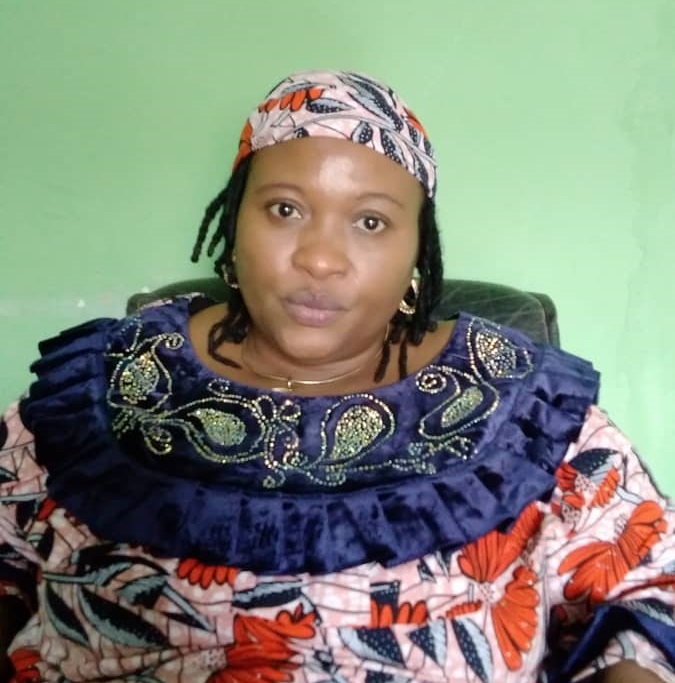
Women Are Still Second Class Citizens In Politics
Mrs Musa Doris, a staff of Kwali Area Council, told THE WHISTLER that women are not treated as equal to men in the politics of the local government.
“I always hear the men say that Women’s brains are very light, we don’t need them in politics,” Doris said this is always the refrain when it comes to electing women into political offices in Kwali.
She said such perception of women must change to give them a chance in political leadership.
“Let them test us and see how women can do it, I believe we have much to deliver. We can change the society. Moreover, we are the mothers of the nation. A mother cannot come and destroy her nation except to build it. We are nation builders,” Doris said with confidence.

On 2nd March 2022, women groups staged protest over the National Assembly’s rejection of several bills seeking gender equality in the country—an indication that women want inclusiveness. But how far are they willing to fight for this right?
All efforts to speak to more women in the two area councils were abortive as no one seemed to know any woman in politics.
Even Mrs Comfort Asabe Maji, the Women Development Officer, Gwagwalada Area Council, could not provide contacts of any female contestant.
“I do not know any woman that contested in this area council during the last election. Men always feel they are the head, so they should be everywhere forgetting that in politics women participate more. So when it comes to politics they forget women,” she said.
This investigation is for the GENDER, THE AGENDA project for Gender Strategy Advancement International (GSAI) supported by the Wole Soyinka Center for Investigative Journalism (WSCIJ), and the MacArthur Foundation.


